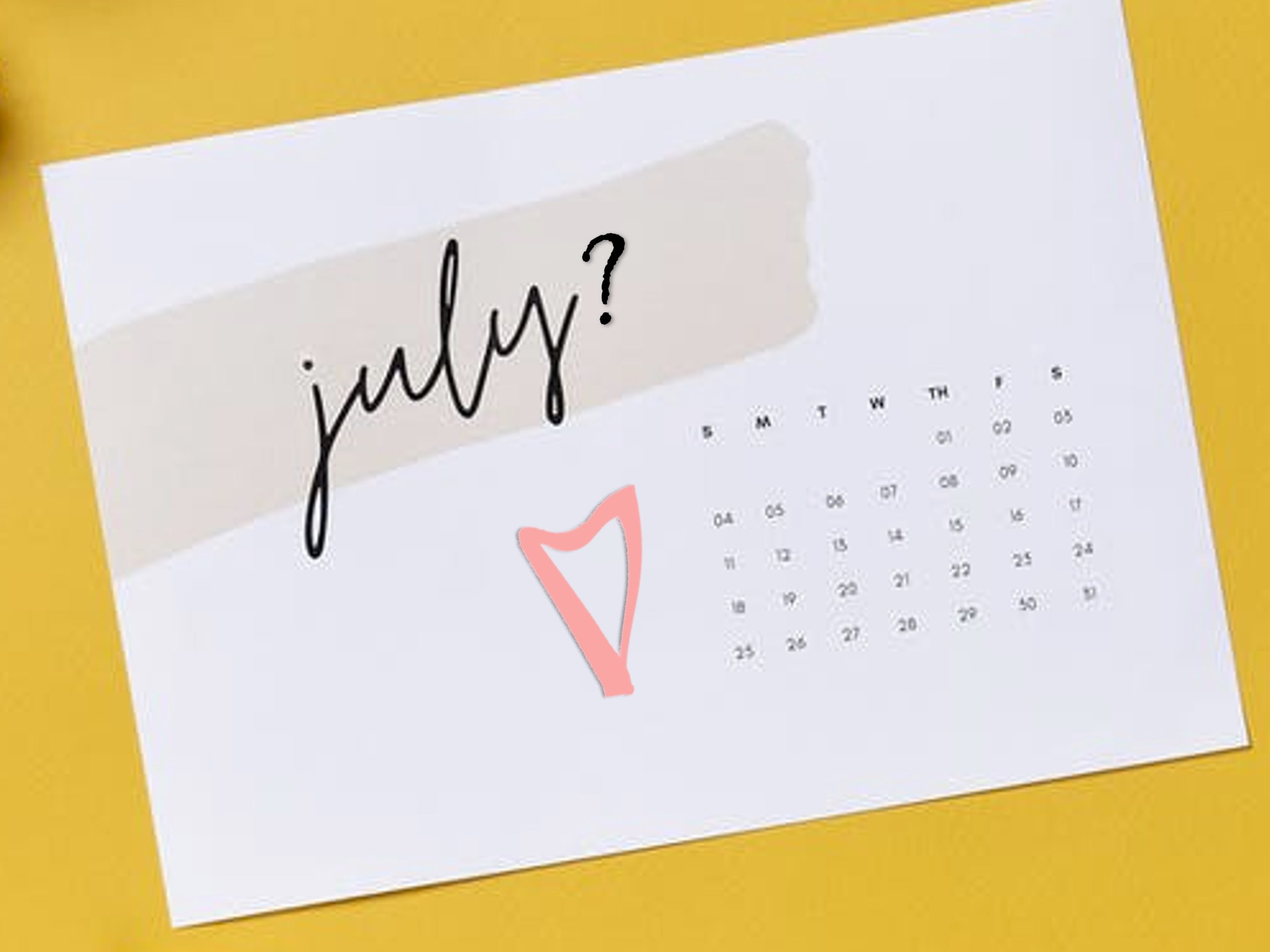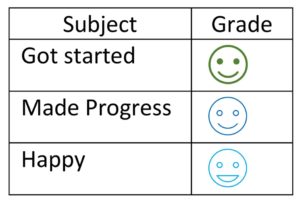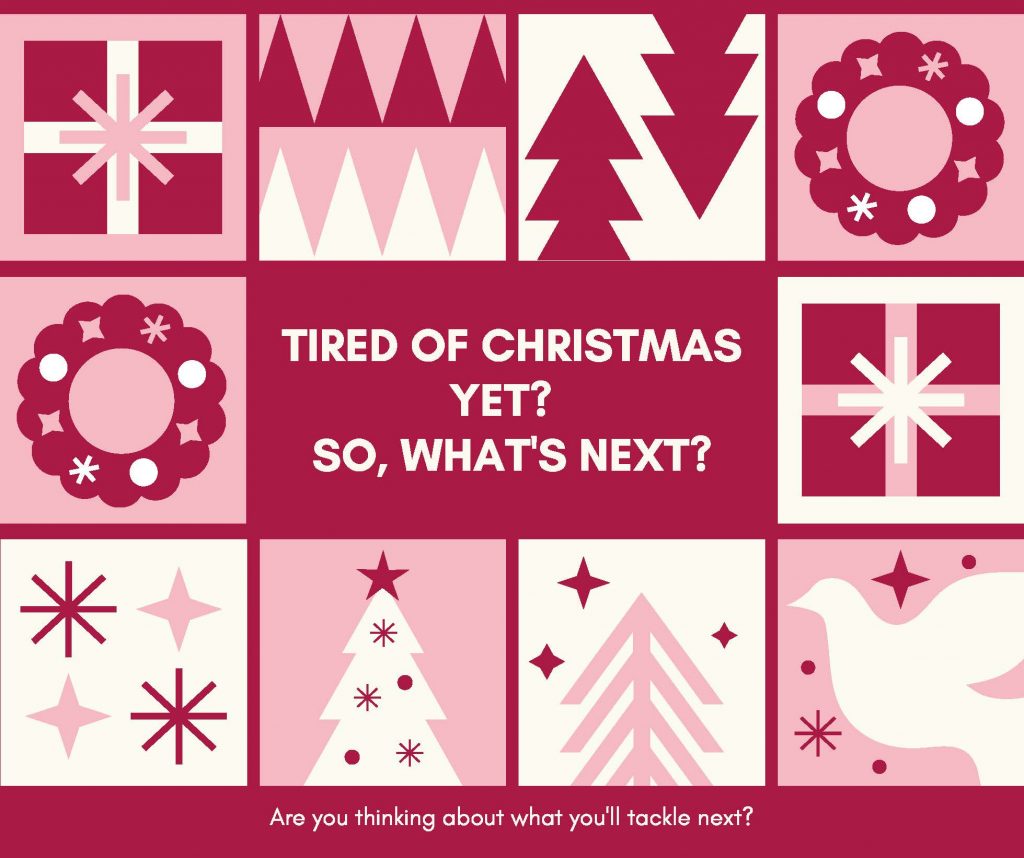Dear me
No matter where we are in our harp journey, we have the opportunity to enjoy the ongoing process of becoming musicians. It can also be easy to get distracted or unfocused or sidetracked as we meander on our path.
Sometimes we fret over whether we are doing enough, growing enough, accomplishing enough. We compare ourselves to others – even though we know we shouldn’t. We often spend more time than seems appropriate telling ourselves to stop thinking that way.
But what if we could be our biggest cheerleader? What if we talked to ourselves like we talk to our friends? What would we say?
This week – I’m going to give you some homework. Write a letter to your future self – to you in 5 years. Tell yourself all the things you have done and what you’re working on now. Whisper your fears, and hopes, and plans. Then tell yourself where you’d like to be when you are where they are. And how you were thinking you might be going about getting there.
You might be scoffing – this is silly you might say. But what if you suspended your disbelief for just a sec? Then you might see the wisdom in thinking about who you would like to be later.
And since you’re talking to your future self, you can be bossy. You could tell yourself that you will have to do something hard so that your current self can successfully do the thing you have been talking you out of. You could be brutally honest and suggest you stop doing things that you repeat so you don’t have to risk failing – so that future you will be there (when you get there).
But while you’re writing, how about you also tell your future self how proud of yourself you are (or should be). And maybe relate what you’re hoping you’ll have done by then (and maybe what’s stopping or inhibiting you?).
So, get out your nicest writing paper and do your homework! Let me know in the comments what you think after writing to yourself. What do you think the letter you get back will say? What would be your response? If you’d like to share too, let me know!



